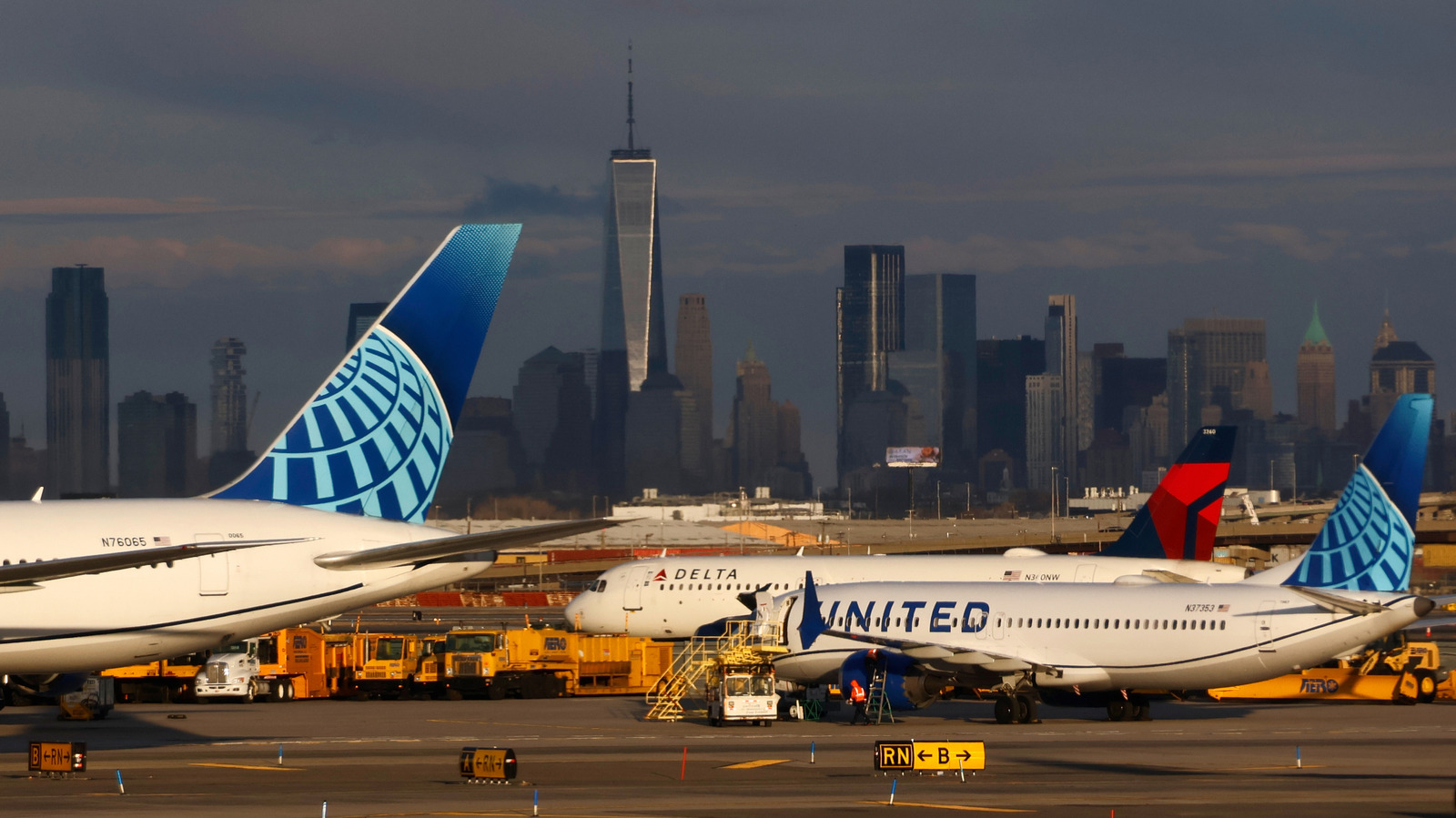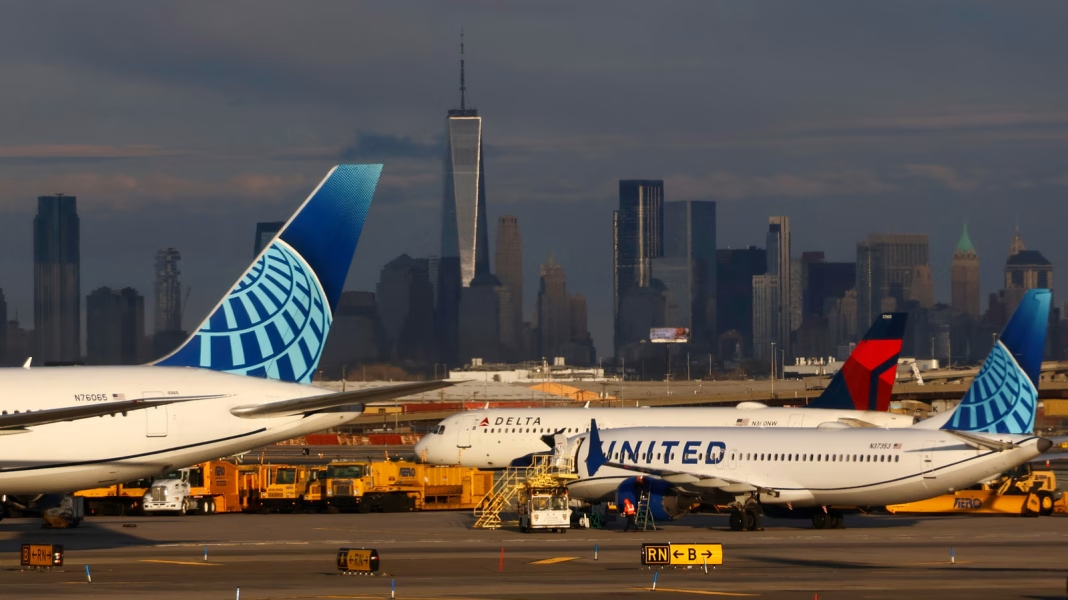Major airlines in the U.S. recently made headlines for selling domestic flight records to the Customs and Border Protection (CBP) agency for a mere $11,025. This revelation raises significant questions about privacy, data ethics, and the relationship between corporations and government agencies. Let’s dive into what this means for travelers and the broader implications for data privacy.
What Exactly Happened with Flight Records?
In a surprising turn of events, it was discovered that major airlines were willing to part with sensitive information about passengers for a relatively small sum. The CBP acquired records that include details about domestic flights, but the agency has been tight-lipped about the specifics of how this data was sourced. This lack of transparency is concerning, especially for individuals who value their privacy.
Why Would Airlines Sell This Data?
Airlines collect a vast amount of data on their passengers, from travel itineraries to personal preferences. While this information can be valuable for improving customer service and operational efficiency, it can also be monetized. The sale of flight records to the CBP suggests that airlines see an opportunity to generate revenue, even if it comes at the cost of passenger privacy. It’s a classic case of weighing profit against ethical considerations.
What Are the Privacy Concerns?
The sale of flight records raises significant privacy issues. Passengers often assume that their travel data is protected and used solely for operational purposes. However, this incident highlights a troubling reality: personal information can be sold to government agencies without the consent or knowledge of the individuals involved. This lack of transparency can lead to a feeling of betrayal among travelers who trust airlines with their data.
Moreover, the potential for misuse of this information is a real concern. If government agencies have access to detailed travel records, it could lead to profiling or unwarranted scrutiny of individuals based on their travel patterns. This is particularly alarming in a climate where data privacy is increasingly under threat.
What Can Travelers Do to Protect Their Data?
While it’s challenging to completely shield oneself from data collection, there are steps travelers can take to mitigate risks. Here are a few practical tips:
1. **Be Mindful of Sharing Information**: When booking flights, consider what personal information you’re providing. Only share what’s necessary.
2. **Use Privacy-Focused Tools**: Consider using VPNs or privacy-focused browsers when searching for flights. This can help mask your online activity from potential data collectors.
3. **Stay Informed**: Keep an eye on airline policies regarding data usage and sales. Being aware of how your data is handled can empower you to make informed choices.
4. **Advocate for Transparency**: Support initiatives that promote data privacy and transparency in data handling practices. Engaging in discussions about data ethics can help drive change.
What’s Next for Data Privacy in Air Travel?
The incident with airlines selling flight records to the CBP is likely to spark broader discussions about data privacy regulations. As consumers become more aware of how their data is used, there may be increased pressure on airlines and other companies to adopt more transparent practices.
Legislative measures could also play a role in shaping the future of data privacy in the airline industry. The push for stricter regulations could lead to a more robust framework that protects consumer data from being commodified without consent.
The big takeaway? This situation isn’t just about airlines and government agencies; it’s about our rights as consumers in a data-driven world. Start by being more conscious of your data and advocating for better practices. A small change in awareness can lead to significant shifts in how our information is treated.


